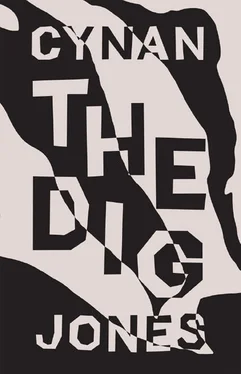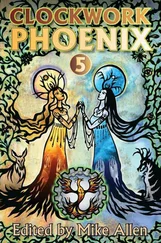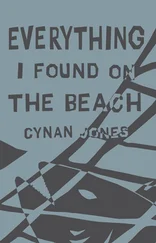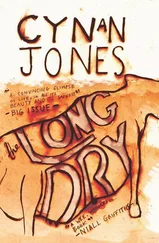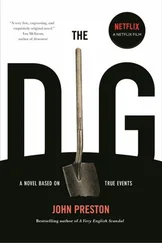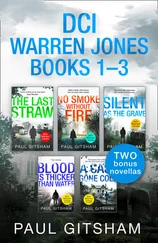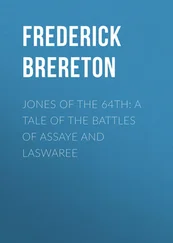He put the sack in the bread crate at the front of the quad and cracked the bike on and went over the field. The gateway was soft and cut up and beneath him the pasture was spongy with the sitting water of weeks of rain.
He got off and swung open the bottom gate and sucked back through the mud to the bike and went through and down to the edge of the wood.
The field here was scrubby and drained into a small splash and as he dipped over on the bike a flight of teal went whistling into the air, crashing off the pond with the special vibrancy of smaller birds. He watched them go up at the extreme angle they took and wheel above the woods, piping and whistling with energy, before they cut away out of sight.
The teal were wild birds and followed the colder weather down as it crept south. When you held one, you understood how delicate and fine they were, and it was difficult to believe they could survive on the water.
This was the field where she had died. He looked back up to the farm, at the strange kelp of the tire tracks the bike had left in the wet fields and tried not to think of it.
He took the sack from the bike and undid the cord and tipped out the lamb. He shook the sack again and the severed head fell out and rolled a little like some grotesque ball. He had a moment of sickness, then he bent and picked up the loose head by the ear and threw it hard over the pond into the woods beyond.
He had the image of her lying there with a smashed head. His knees were in the wet ground and part of her face had gone like a crushed carrier bag and the blood leaked thickly in the surface water. He had heard the crack, had sensed it almost as something that shouldn’t be in the panoply of sounds about the farm. It had been the speed of it. And then he had heard the horse run. There had been a split second as he registered the sounds, and then he had become this thing that just tried to get to her as fast as possible. She lived for five minutes maybe, that was it. She couldn’t speak.
He sat down on the ground by the lamb. It started to rain again, the rain falling with a susurrating sound into the surface water of the field, almost hissing into the grass. There was the odd burst of water as a few stray teal returned into the pond.
The weight of the rain, the place he sat, some combination of things about him balled into another memory, of standing with the gun as they pushed the dogs through the woods. He could smell the foily metal of the gun, feel the rain soak into his hair and run down his skin, hear the snap of the rain on his waterproofs, waiting, focused and ready with a sense of strange timelessness, every now and then checking the position of the other guns waiting in the field. There was a shout of “over” and a cock pheasant came climbing out of the trees and he shot it as it accelerated, dropping it in the rushes that surrounded the pond. It was a direct and full shot and the bird had balled and fallen.
When they went to pick it up they couldn’t find it. The bird had fallen like a stone and he had marked it, but when they went into the rushes they could not see it and the dogs were mad with the too-many scents that crisscrossed the space. They found a patch of feathers where there was impact, but the bird was gone and they wondered if something had been in the rushes and had been quick enough to take it unnoticed.
Three weeks later they were shooting again. He was on a hedge line and a cock came out running, one of the spaniels behind it. The dog got to it and mouthed it and he heard the handler call it off and shout to it to drop the bird and as he was the closest he jogged over to the bird and picked it up. It felt immediately thin and light, like an old person’s hand, was not glorious in the way healthy wild things are.
He held the pheasant as the others came up and it looked at him and its eyes opened and closed once slowly, then it died. It just dropped dead in his hands. As it went limp he felt a mouthful of smell and when he looked at the bird and separated the feathers he saw that its back was grated with pellets and the gangrene had turned it a soft green. It was the bird he had shot, he was sure of that, and it had lived for three weeks like this, decaying, and it had died accusatorily in his hands. As if it was waiting for him, so that he saw. He kept seeing the way the eye had slowly opened and closed. It had taken the appetite to shoot away from him, and it was like a presentiment of something.
A few more teal came down in the splash. He felt distant. He felt distant from everything, the things inside him and the things around him.
Her death stayed at the same time incomprehensible and matter of fact, and he just sat there in the rain, getting colder and colder and listening to the susurrating sound of it hitting the surface water and wondering how deep her blood had gone.


I’LL TAKE THE money first, said the big man.
It was close to Easter and the men wanted him to take them to a sett to work their dogs. They were Midlanders. They were mostly Midlanders or from the Valleys, the men that came to him for this, and it started mostly this time of year. It was a reason why you saw the number of dead badgers go up on the roads.
He folded the rolls of twenties and put them inside his coat and zipped it up.
We’ll go down from here, he said. The men nodded. They were standing there with the two lurchers, one each on a lead, and the terriers were still in the car. The man had dumped a sack on the ground and the lurchers were looking intently at the sack. The men were wearing ex-army camouflage and it gave him an extra disgust of them.
At the presence of the new dogs the big mastiff was bridling in the shed and the shed walls thumped with the strength of him inside. Every now and then the men looked uncertainly over to the shed.
They got the tools together and rested them against the car. There were the spades and the long-handled pick. They had the iron spike and on the bonnet they laid out the billhook and the small axe and a short carpenter’s saw.
The man came out of one of the sheds and put the snare wire on the bonnet and some pegs.
Likely won’t be room for a pit, he said as he put the snares down. You want to do him out there? the man said, as if checking.
The men nodded. One of them, the skinnier one, already had this kind of cruel little firework going on in himself. The other man just looked like he liked to push things and break things and didn’t look like he had the more scientific cruelness of the thinner man.
If you want to do him out there, there might not be room for a pit. If that’s it, we’ll put him on a tree.
The terriers inside the car were going crazy at the sight of the tools.
Gun?
The bigger man nodded and went to the car and brought back the shotgun in its case. He was physically unwieldy.
Licensed? asked the man and he nodded and said yes in the deep Birmingham accent. He had a neckless squareness but did not carry any look of great athletic power. It’s a registered gun, he said, saying “gun” like it was the Welsh for it, with his accent.
They divided up the tools and got the terriers from the car.
What’s in the sack? said the skinny one. It was like the bigger man had a caution and slowness in asking things and a respect for the other big man, but this skinnier one was more socially stupid.
He put down the sack again and drew out the fox. Without looking hard you would not have seen the burns in its eyes from it being frozen.
There were lambs bleating in the fields about and the light was just beginning.
Читать дальше
